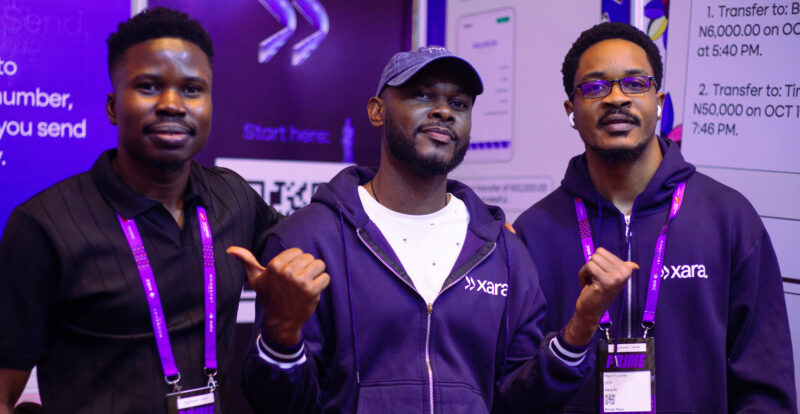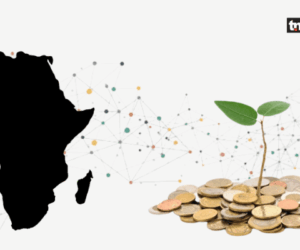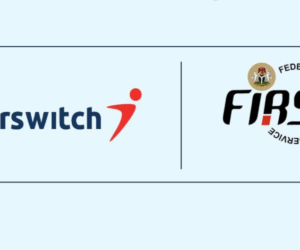When Sulaiman Adewale talks about why he built Xara, it’s not the usual founder story about chasing markets or spotting a billion-dollar gap. His story begins with something deeply personal and painfully human.
“I have issues seeing things that are far,” he says. “Whenever I go to buy stuff at the supermarket, I sometimes have to leave because I wouldn’t be able to see the account number. Even when I see it, it’s hard looking up and down multiple times because most of the numbers are blurry.”
That moment of frustration, not being able to complete a simple payment, became the seed of what is now Xara, an AI-powered financial assistant on WhatsApp that allows users to send money, pay bills, and transact using natural language or even voice notes.
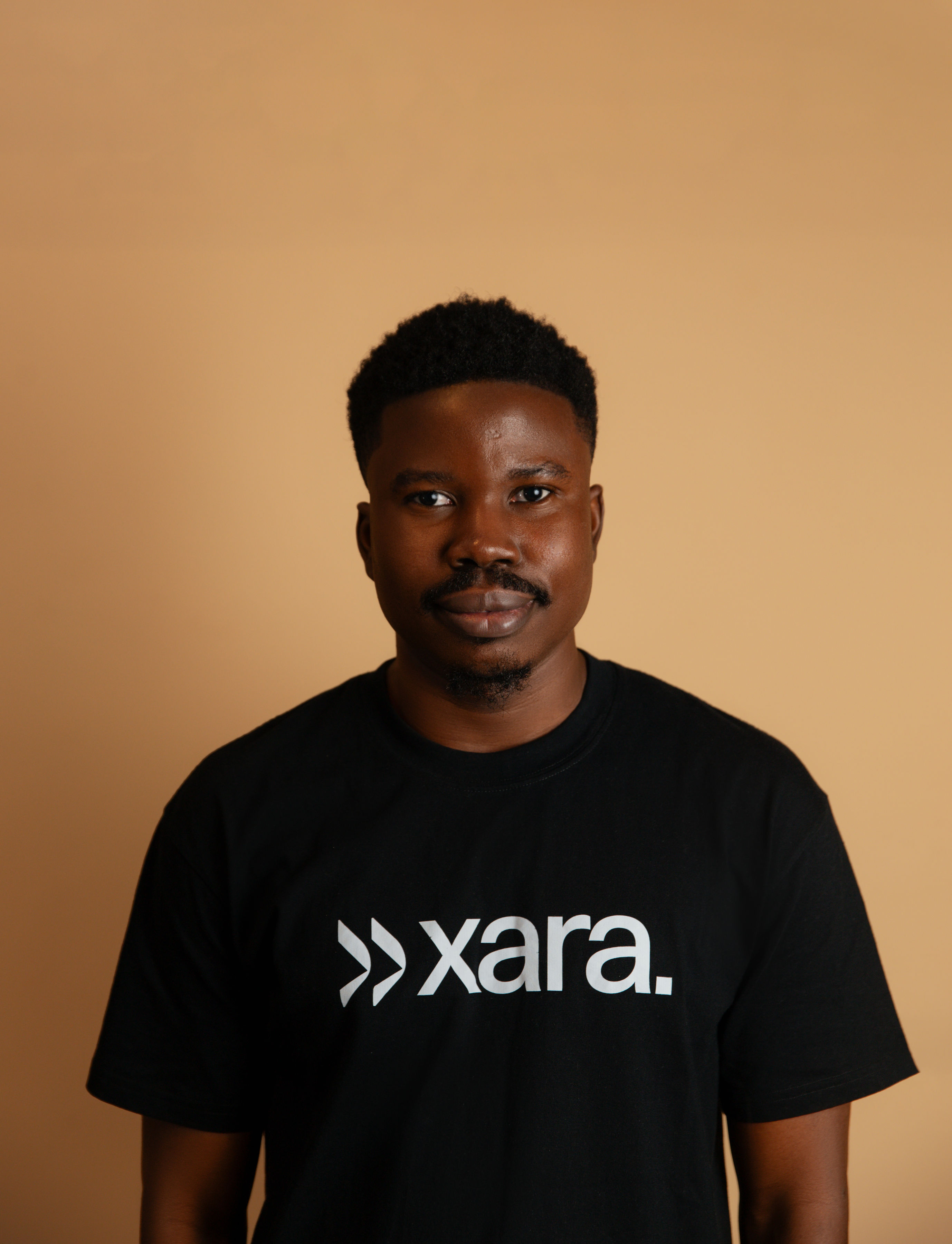
“I started working on Xara because I wanted a very simple payment system that works even for people who are not very tech-savvy,” Adewale says. “My short-sightedness was the trigger, but the real motivation was accessibility and convenience.”
For him, building on WhatsApp wasn’t a marketing strategy. It was common sense. “WhatsApp is the platform where almost everybody is already,” he explains. “I’m a proponent of taking technology to the people. I don’t want people to have to download anything unless they have to. The people I believe would love this product are already there.”
That decision is proving to be one of Xara’s smartest moves.
Today, Xara has over 30,000 registered users, with 15,000 active users and over 5,000 daily active users. The platform processes close to ₦3 billion in transaction volume, a remarkable number for a company that is still bootstrapping.
“We currently have an active user base of 15,000, total registered is 30,000, and daily active is around 5,000,” Adewale says. “Our growth has been amazing, honestly, considering that it’s a low-trust industry. We’re trying our best to get people to rely more on Xara and know that we are here to help them, that we are here to stay.”
Read also: E-commerce: why Nigerian consumers still prefer buying on Instagram and WhatsApp
Xara’s users cut across generations, a rare feat in fintech. Adewale says there are two major user groups: Gen Zs, who love the futuristic features, and older adults, who value simplicity.
“The Gen Zs love the amazing technology, being able to send money with voice notes, walking into a store and paying to any account number. Then there are the older ones who love Xara because it’s easier than everything else they’ve ever used. They aren’t faced with hundreds of buttons or pages to navigate. Everything they need to do, they just send a message, like they already do on WhatsApp.”
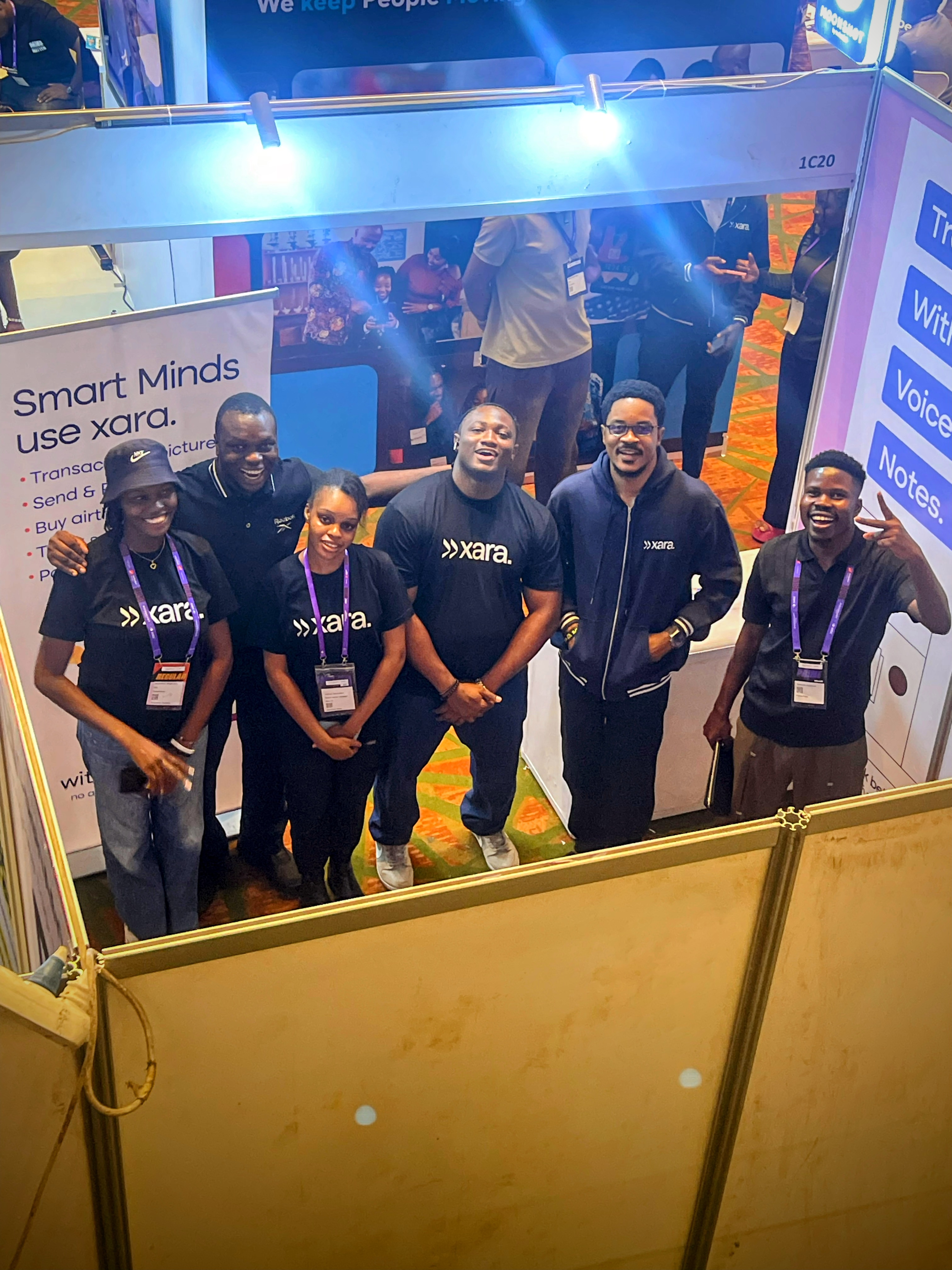

He adds that even when users make mistakes, the system understands. “That’s one of the most powerful things about Xara,” he says. “You don’t have to message it in a particular format, and it still understands. It’s mistake-tolerant, and users can just speak naturally.”
Voice notes have also become a surprising hit. “Older users love that they can send voice notes to tell Xara whatever they need to do, and it just does it.”
See how Xara works in the video below:
How Xara is building trust in a low-trust market
In Nigeria’s fintech ecosystem, where scams and failed apps have eroded user confidence, Adewale knows that earning trust is a marathon.
“If I said it’s easy, I’d be lying,” he admits. “We have to pay our dues. Right now, we make sure we are transparent with everything we do. I think our users have actually trusted us a lot, and the fact that we offer them account numbers gives them more confidence.”
He describes a pattern that’s become common among new users:
I’ve seen a lot of users put ₦1,000 first, then ₦5,000, then ₦10,000. After a few days, they start relying completely on the system because they find it very easy and they realise there’s literally nothing we’ll do with their money.
That patient, layered trust-building is paying off. Xara’s engagement numbers and transaction growth suggest that users aren’t just trying it; they’re staying.
For now, the company remains self-funded, sustained by Adewale and his co-founder. “We’ve been bootstrapping and funding Xara ourselves,” he says. “We haven’t had any external investor yet, though we’re currently looking into raising our first seed round.”
Despite the modest funding, Xara already makes money through bill payments and commissions from partners. “We earn from airtime, data, betting platform funding, electricity recharge, and other bill payments,” Adewale explains. “But honestly, making money is the least of our concerns right now. We want to make sure people start using Xara, love it, and see that it works.”
That philosophy, product first, revenue later, reflects a mindset rare among Nigerian startups, where the pressure to monetise early often leads to rushed pivots. Adewale believes Xara’s real strength lies in building something people actually need.
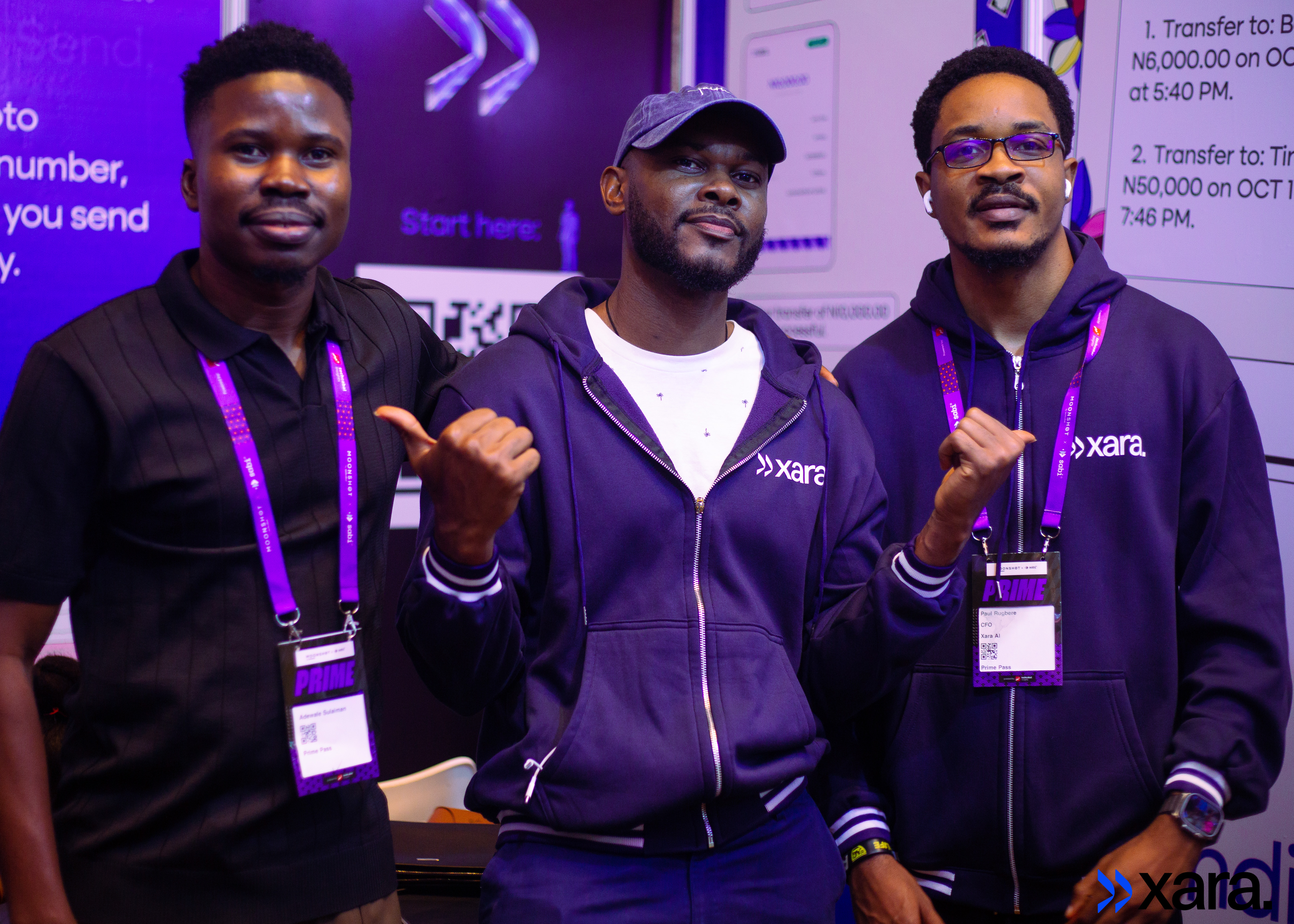

Looking ahead, the team’s ambitions are bold.
“In the next 12 to 18 months, we hope to have cemented our stay in the Nigerian market and gained a very sizable share,” Adewale says. “We’re already getting requests from other African countries asking us to launch there. We also hope to have raised our first seed round soon to make that expansion faster.”
Expansion aside, Adewale knows that credibility will be key to scaling. “We want to get more accreditations and licences to help our users trust us even better,” he adds.
When asked what success would look like, his answer is quietly powerful. “I think I’ll feel fulfilled when Xara becomes a household name – when we have a very sizable market share, when we expand across Africa, and when people like me, who suffer from short-sightedness, can make payments easily,” he says.
He pauses before adding something that brings the story full circle: “I’ll feel fulfilled when the product we’ve been building at Xara is solving day-to-day problems for Nigerians. That’s when I can say yes, I feel fulfilled.”
For Adewale, it’s not just about building another app. It’s about building something that sees people, literally and figuratively.

